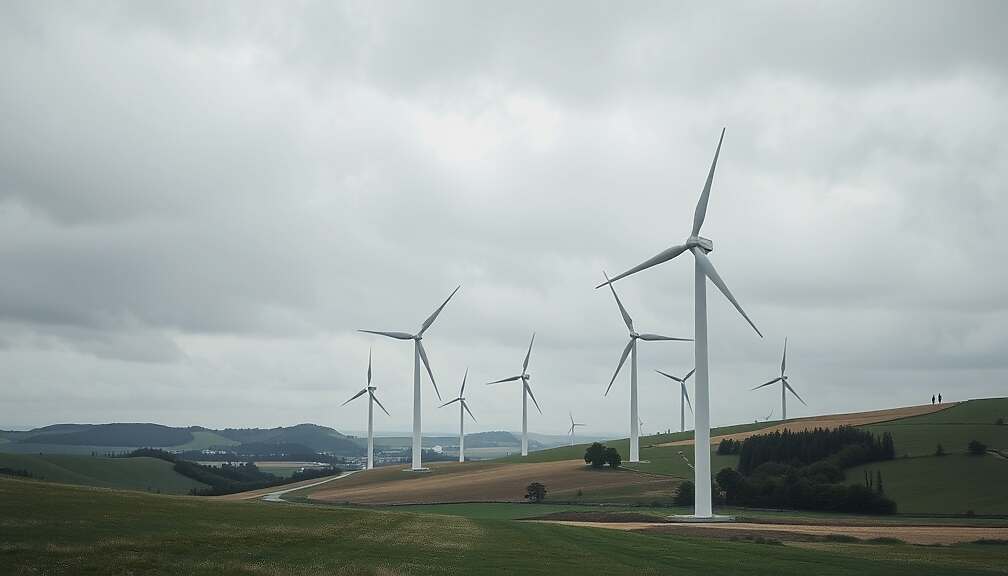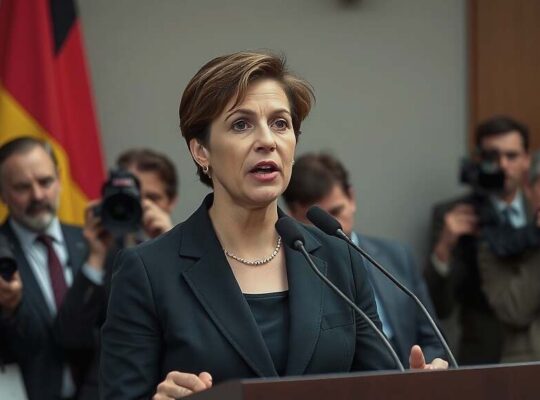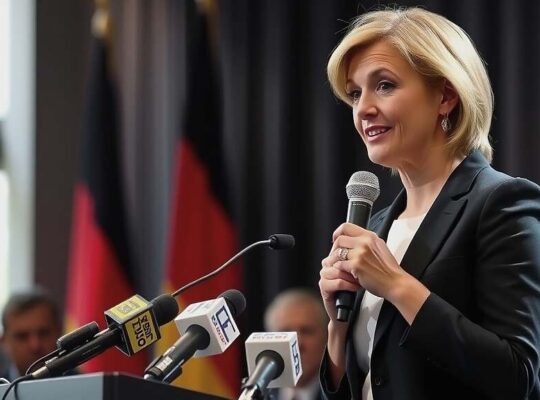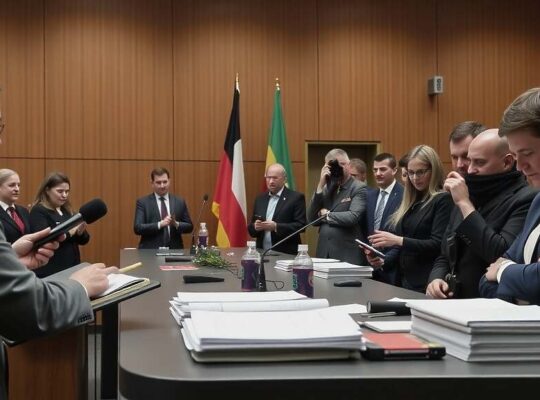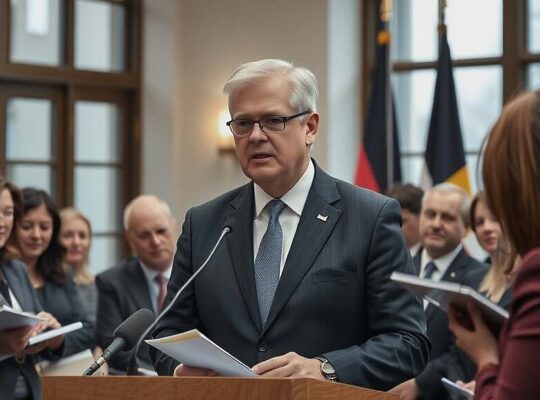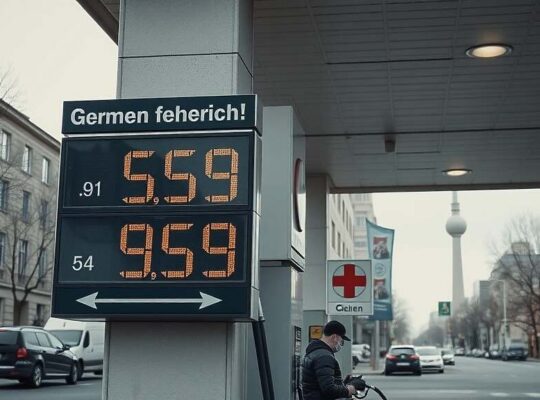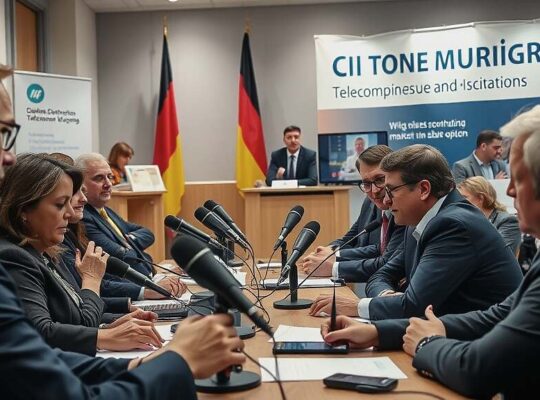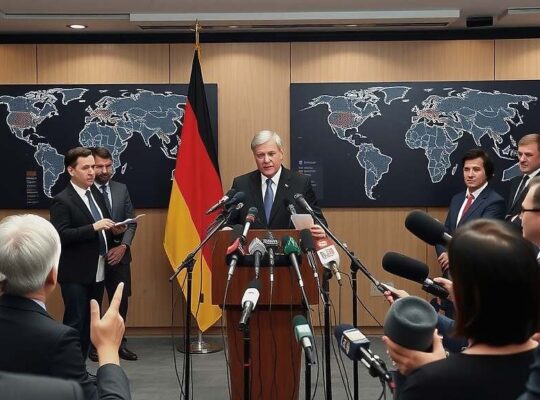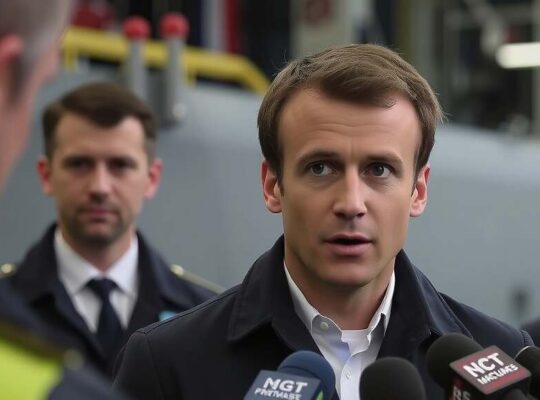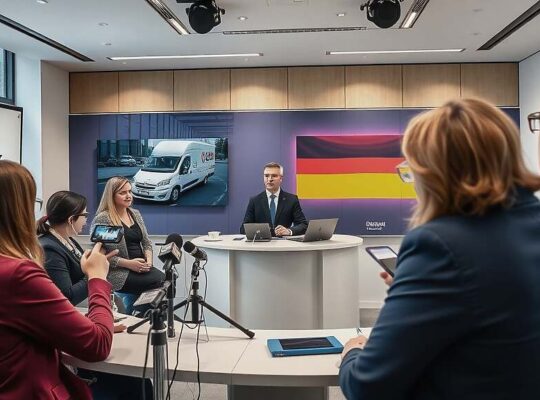Experts are urging Germany to maintain a robust pace in its transition to renewable energy, despite ongoing discussions surrounding the speed of implementation and a recent monitoring initiative launched by Economics Minister Katherina Reiche.
Claudia Kemfert, an energy economist at the German Institute for Economic Research (DIW), stated that the current tempo of the energy transition is “not too high, but far too slow”. While acknowledging the value of monitoring progress, she cautioned against using it as a pretext to delay essential measures. Kemfert emphasized that any postponement would exacerbate the costs of the climate crisis, undermine the competitiveness of the German economy and jeopardize opportunities for value creation and technological leadership.
Bernd Weber, founder and managing director of the EPICO Klima-Innovation think tank, echoed these sentiments, arguing that the primary challenge isn’t excessive speed, but rather insufficient efficiency in renewable energy expansion. He noted that even if electricity demand increases at a slower rate than anticipated, this should not diminish the commitment to the energy transition, but instead accelerate structural reforms.
A greater supply of renewable energy is crucial, Weber explained, to satisfy growing demand and stabilize electricity prices. Hindering expansion, he asserted, also stifles investment in industry, buildings and transportation. He highlighted the need for a catalyst to efficiently link supply and demand, suggesting that storage systems and flexible consumers could fulfill this role and drive down costs, provided appropriate price signals are in place.
Andreas Löschel, an environmental economist and lead author for the energy chapter in the upcoming IPCC report, stressed the necessity of increasing renewables, strengthening grid infrastructure, enhancing flexibility, leveraging controllable power plants and advancing digitalization. He also pointed out that the pace of electrification is proving slower than initially projected. Löschel underscored the importance of adaptability, both in response to lower demand and to accommodate potential increases. He suggested that the ambitious 80% renewable energy target by 2030 remains achievable, even with a lower overall electricity demand.


